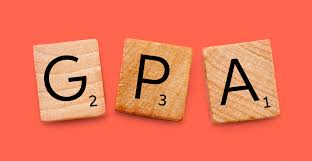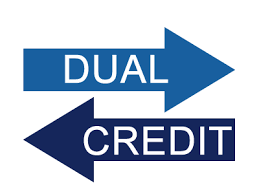ACADEMIC RIGOR

Taking challenging classes in high school is a great way to build new skills. And it will serve you well when you get to college, because you’ll be more prepared for the work.
In a recent survey of college freshmen, more than half of the students surveyed said that they wish they had worked harder in high school. Challenging classes, such as honors and college-level courses, also help you get into college. They are exactly what admission officers like to see on applications.
In a recent survey of college freshmen, more than half of the students surveyed said that they wish they had worked harder in high school. Challenging classes, such as honors and college-level courses, also help you get into college. They are exactly what admission officers like to see on applications.
Earning college credit in high school |
|




